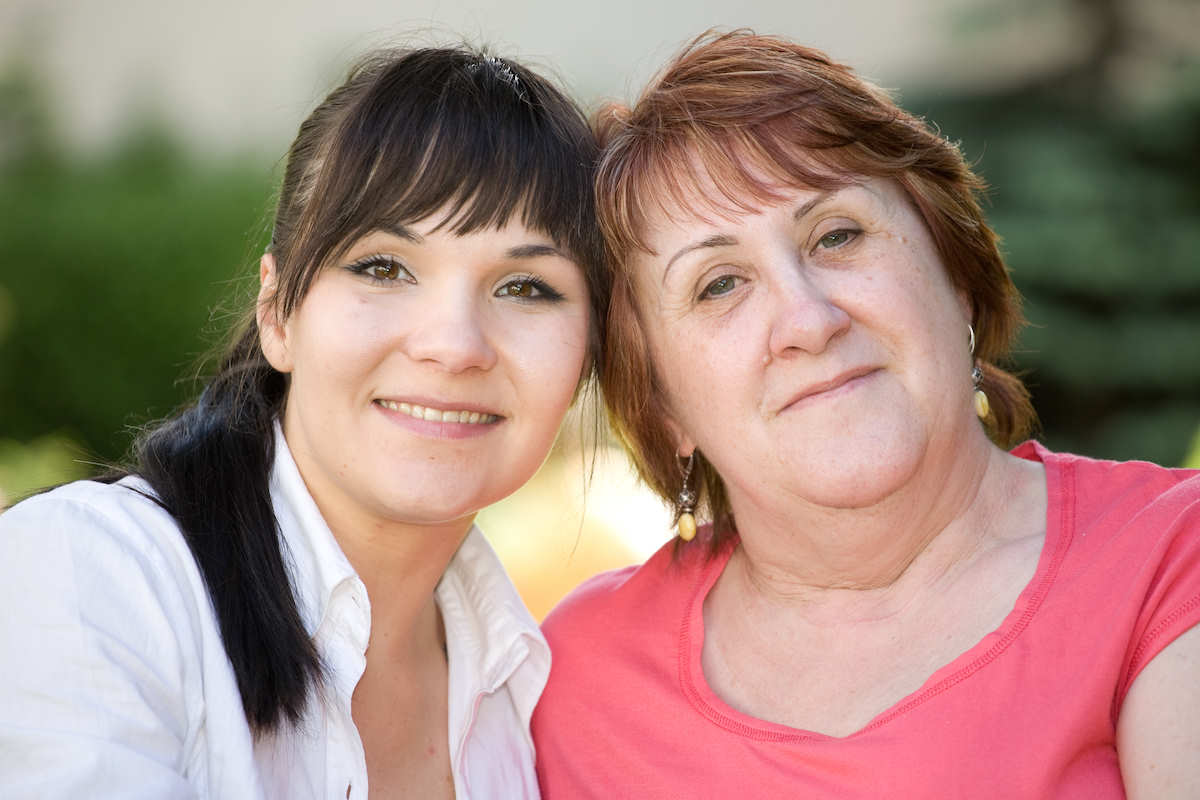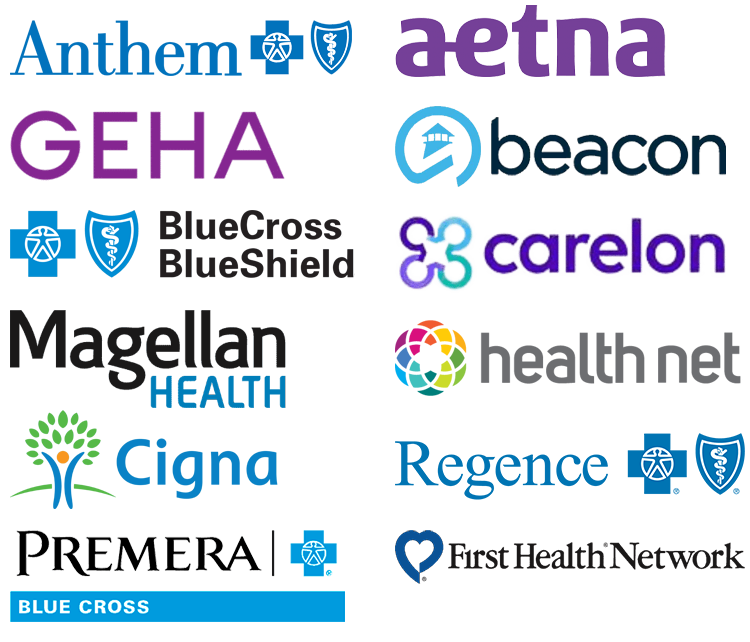Quick Summary
A mental health crisis occurs when a person’s distress or behavior becomes unsafe or unmanageable and requires support from trained professionals.
Immediate action includes ensuring safety, calling 988 for non-life-threatening situations or 911 for immediate danger, and avoiding arguments or dismissive language.
After stabilization, structured care through inpatient treatment, Partial Hospitalization Programs, or Intensive Outpatient Programs helps rebuild function and prevent future crises.
Key Takeaways
- Call 988 for crisis counseling when the situation is serious but not life-threatening, or call 911 if there is immediate danger to anyone’s safety.
- Recognize warning signs such as intense mood swings, withdrawal from reality, talking about hopelessness or wanting to die, and neglecting basic needs like eating or sleeping.
- After the immediate crisis, encourage professional evaluation and consider structured care options including inpatient treatment, PHP for daytime medical oversight, or IOP for flexible therapy.
- Avoid phrases like “calm down” or “you’ll be fine” during a crisis, as these can feel dismissive, and instead listen patiently and speak with reassurance.
When someone you love begins acting in ways that feel frightening or out of control, it can be hard to know what to do. A mental health crisis can happen suddenly or build over time as emotions, stress, or untreated symptoms reach a breaking point. In these moments, you might feel helpless, scared, or unsure of what to say.
A mental health crisis means a person’s distress or behavior has become unsafe or unmanageable. The National Alliance on Mental Illness defines a mental health crisis as a situation that a person or their loved ones cannot safely manage on their own and that requires support from trained professionals. It might involve serious emotional pain, confusion, or an inability to care for themselves or others. These situations can feel overwhelming, but help is available from trained professionals in Marin County who can respond quickly and provide the calm, structured support your loved one needs through trauma-informed care.
Here’s how you can help your loved one stay safe, connect with the right resources, and start moving toward stability.
Recognizing When It’s a Mental Health Emergency
Not every mental health struggle is a crisis, but some situations require immediate attention. Recognizing the signs can help you respond before the situation becomes dangerous.
Signs a Loved One May Be in Crisis
- Intense or sudden mood swings
- Withdrawal from family, friends, or reality
- Talking about hopelessness or wanting to die
- Panic, agitation, anxiety, or confusion
- Aggressive or reckless behavior
- Neglecting basic needs like eating, sleeping, or hygiene
Conditions such as depression can also contribute to these changes, especially when feelings of hopelessness or isolation increase. In some cases, substance use or drug-induced psychosis can lead to confusion or agitation that appears suddenly and intensifies the crisis. Untreated psychosis can also cause disorientation or fear that may escalate without professional support.
If your instincts tell you something isn’t right, trust that feeling. Persistent instability or dramatic changes in behavior can signal the need to seek intensive treatment from qualified mental health professionals.
What to Do Immediately During a Mental Health Crisis
When someone is in crisis, staying calm and acting quickly can help prevent the situation from worsening.
Step 1: Ensure Immediate Safety
Move to a quiet, safe space where your loved one can feel less overwhelmed. Keep your tone gentle and your movements slow. If they are expressing thoughts of self-harm or suicidal ideation, do not leave them alone. Remove any objects that could cause harm until help arrives.
Step 2: Contact the Right Support
If there is immediate danger to anyone’s safety, call 911. For situations that are serious but not life-threatening, contact 988 (Suicide and Crisis Lifeline) or a local crisis response team in Marin County. Crisis counselors can help you decide what to do next and may send trained professionals to your location if needed.
After the immediate crisis passes, professional care can help your loved one regain stability and start working toward recovery.
Step 3: What to Say When Calling for Help
When reaching out for emergency support, stay calm and provide clear information. Explain what is happening in specific terms, such as “They are talking about wanting to die” or “They have stopped sleeping and eating.” Include details about any medications, recent stressors, or mental health history if you know them. Stay on the line until the dispatcher or counselor confirms it is safe to hang up.
What Not to Do During a Mental Health Crisis
In a crisis, it is natural to feel panicked or frustrated. However, certain reactions can make things worse.
- Do not argue or try to reason with your loved one when emotions are high.
- Avoid minimizing their pain or saying things like “You’ll be fine.”
- Do not issue threats or ultimatums.
- Avoid touching or restraining them unless it is absolutely necessary to prevent harm.
Your goal is not to solve the problem immediately but to keep everyone safe and as calm as possible until professional help arrives.
After the Immediate Crisis: Helping Your Loved One Stabilize
Once the situation has de-escalated and your loved one is safe, the next step is professional evaluation and care. Crisis intervention addresses the most immediate danger, but recovery begins with understanding what caused the crisis and how to prevent it in the future.
Encourage Professional Evaluation
Encourage your loved one to speak with a mental health professional as soon as possible. This might involve hospitalization, outpatient care, or an assessment with a licensed clinician. A professional can help identify underlying causes and create a plan for ongoing support. The National Committee for Quality Assurance notes that follow-up services act as a critical link between inpatient treatment and transition back into the community, ensuring coordination of care and ongoing support.
Understanding the Role of Inpatient and Step-Down Care
Recovery often occurs in stages. Programs such as the following offer structured settings where individuals can rebuild safety and function.
- Inpatient mental health treatment: 24-hour therapeutic care focused on safety, stabilization, and recovery.
- Partial Hospitalization Program (PHP): Daytime treatment that combines medical oversight with therapy and group support.
- Intensive Outpatient Program (IOP): Flexible care that allows individuals to receive therapy while maintaining work or family commitments.
For many families, understanding the transition after hospitalization can feel confusing. Learning about after hospitalization steps can make this process easier. Those caring for someone with more complex or high-acuity needs may also benefit from reading about high acuity mental health treatment, which explains how specialized programs provide the extra structure and clinical attention certain conditions require.
Supporting a Loved One’s Recovery After Crisis
Be Patient and Stay Involved
Recovery takes time. Your loved one may need encouragement to participate in therapies such as CBT or DBT, take medications, or rebuild daily routines. Offer consistent emotional support and stay engaged in their treatment whenever possible. Understanding potential triggers and early warning signs can help you step in before another crisis occurs.
Take Care of Yourself Too
Caring for someone in crisis can be emotionally draining. It is important to take care of your own well-being so you can continue offering support. This might mean setting healthy boundaries, reaching out to a therapist, or joining a family support group. Approaches like EMDR therapy can also help address trauma that contributes to ongoing distress. Rosebay’s wellness support services include holistic care and family education that help both patients and their loved ones maintain balance during recovery.
Finding Hope and Support at Rosebay Behavioral Health
If your loved one continues to experience mood swings, anxiety, or difficulty managing daily life after a crisis, professional treatment can help them regain balance and maintain long-term stability. Families throughout Marin County and the surrounding areas trust Rosebay Behavioral Health for compassionate, individualized care and a deep understanding of the unique needs of this community.
The center’s reputation for supporting Marin County families reflects its commitment to personalized treatment and holistic well-being. Rosebay’s clinical team works closely with individuals and families to restore a sense of safety and connection that supports lasting recovery.
Get Help for Your Loved One Today
If someone you love is in crisis or struggling to recover afterward, compassionate help is available at Rosebay Behavioral Health in San Anselmo. Call (415) 419-8742 or contact us today to learn how we can help your family find stability and healing.
It’s never easy to know how to respond in a mental health crisis, but resources and experienced professionals can help you navigate the next steps with care. The answers below can help you feel more confident about what to do next and how to continue offering care safely.
Frequently Asked Questions
How do I know if my loved one is having a mental health crisis?
A mental health crisis occurs when a person’s emotions or behaviors become unsafe or unmanageable. Examples include thoughts of self-harm, severe confusion, or extreme withdrawal from daily life.
Should I call 911 or 988 for a mental health emergency?
Call 988 for mental health support if there is no immediate danger. Call 911 if someone’s life is at risk or if violence or self-harm seems likely.
What should I avoid saying to someone in crisis?
- “Calm down.”
- “You’re overreacting.”
- “You’ll be fine.”
These phrases can feel dismissive. Instead, listen patiently and speak with reassurance.
What happens after a psychiatric crisis or hospitalization?
After stabilization, continued treatment such as inpatient care, PHP, or IOP helps individuals regain balance and learn healthier coping strategies.
How can I support my loved one after they return home?
- Encourage therapy and follow-up care
- Maintain consistent routines
- Watch for warning signs of distress
- Attend family counseling or support groups








